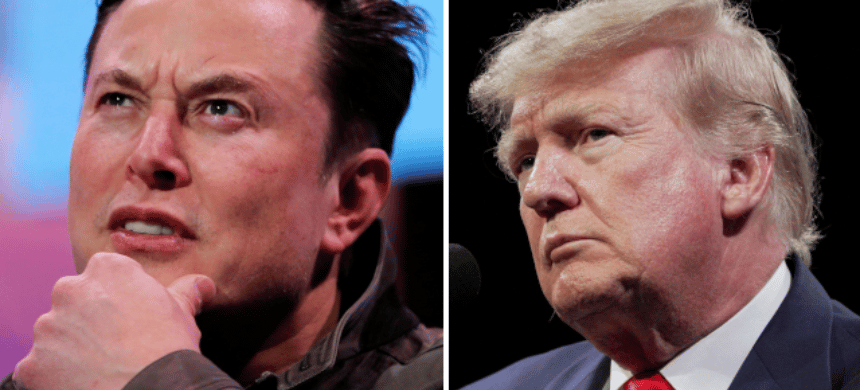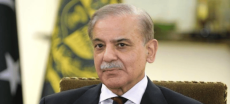The United Auto Workers (UAW) Union has filed federal labor charges against former President Donald Trump and Tesla CEO Elon Musk, accusing them of attempts to intimidate and threaten workers. This action follows a two-hour conversation between Trump and Musk on the social media platform X, during which they discussed the potential for worker strikes.
In their discussion, Trump praised Musk for his cost-cutting abilities, suggesting that Musk would simply fire striking workers, although he did not specify any company. Musk laughed at the comment but did not respond directly, which may complicate the National Labor Relations Board’s (NLRB) efforts to hold him accountable for making illegal threats.
Federal law prohibits firing workers for going on strike, and any threats to do so violate the National Labor Relations Act. The UAW, which has endorsed Democratic presidential candidate Kamala Harris, seized on Trump’s remarks to mobilize its nearly 400,000 members, particularly in crucial battleground states like Michigan.
In response to the UAW’s action, Musk criticized UAW President Shawn Fain, alluding to past union leaders imprisoned for corruption and insinuating that Fain might also face legal issues. The UAW has not commented on Musk’s remarks.
READ MORE — Trump Calls on Supporters to Target Meta and Google for Alleged Censorship
These charges come amidst a broader political context, with Trump and Harris vying for support from American workers. Trump’s campaign dismissed the UAW’s lawsuit as a political tactic aimed at undermining his appeal among workers, while Harris’ campaign has yet to respond to the union’s actions.
The tension among Trump, Musk, and the UAW highlights the larger narrative of labor disputes in the U.S., especially in the automotive sector. Trump has criticized Fain, blaming him for the decline of U.S. auto manufacturing, while Fain has accused Trump and Musk of trying to silence the working class.
In Michigan, UAW members have historically favored the Democratic Party, though recent pro-Trump rallies among workers indicate shifting dynamics. In the 2020 election, a majority of Michigan households with union members supported Joe Biden, which was a change from 2016 when more supported Hillary Clinton, who ultimately lost the state.
Sean O’Brien, president of the Teamsters union, condemned Trump’s comments, labeling the notion of firing workers for organizing or striking as “economic terrorism.” The Teamsters, who typically endorse candidates after party conventions, have requested a speaking opportunity at the upcoming Democratic National Convention and have invited Harris to a roundtable discussion, but have not yet received a response.
The UAW’s legal actions and the ongoing political discourse highlight the growing rift between labor unions and certain political figures, which could have significant implications for the upcoming presidential election. The outcome of this conflict may influence not only the future of labor relations in the U.S. but also the broader political landscape, particularly in key battleground states.











